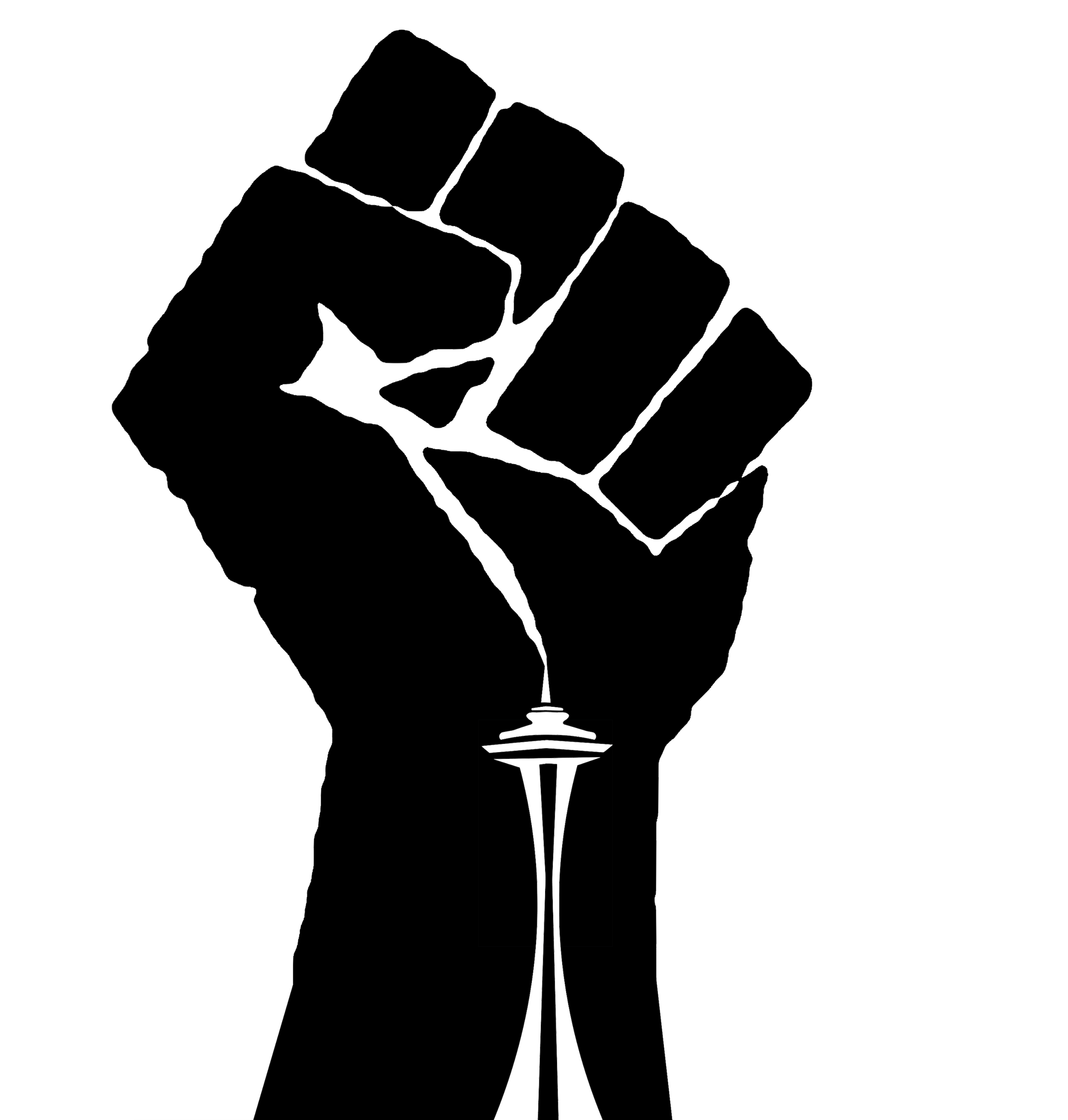How white families in Seattle unwittingly contribute to segregation and educational inequity by moving to live near 'good' schools
/I had coffee at a favorite spot in south Seattle this morning. As I was getting ready to leave, I overheard the barista talking to a couple customers. He was describing the commute from his north-end-suburb home to work in the south end every day, as well as the differences between the two communities.
I was trying not to pay much attention until the conversation abruptly turned to education — and not just to education, but to the ways schools are assessed and how that data is packaged up for the public. He said part of the reason he and his wife had chosen their north-end neighborhood was because of the strong school ratings they had found online. All three involved in the conversation (each a white man, for what it's worth) agreed that it was very common for folks to not even consider a home in a neighborhood with “bad” schools.
Moves like he had made with his family and a refusal to even consider homes near “bad” schools lead sneakily, the barista said, to segregation. He said that by choosing what they chose, he and his wife were unwittingly going against everything they stood for. In other words, despite their best intentions, their decisions actively contribute to systems of segregation and discriminatory opportunities on a daily basis. They are unintentionally perpetuating the ongoing patterns of racial and educational inequity in the Seattle area, despite considering themselves to hold values that say they would fight against these injustices.
I about wanted to jump out of my seat and let out a joyful bellow. Something appropriately old-timey like, “Comrades! Welcome!”
Instead, because my coffee and waffle were sitting particularly uneasily in my stomach, I barely reacted and instead slowly, carefully walked out to my car and carefully drove a couple miles south to the relative comfort of my own home and bathroom. But I did feel raucously joyful for a moment, even if no one could tell by looking at me.
See, I’ve been having less-concise, less-useful versions of the conversation for a long time now. I’ve been trying to write about this very thing on this very blog for 23 consecutive months, in fact. If you present as white in Seattle, or anywhere else in America, unless you are taking great care and extreme measures to ensure the contrary, you are contributing in every meaningful way to the systems that oppress and divide us up. No matter what you do for a living or where you volunteer or what you believe, it’s not enough. As long as all of your capital is still feeding the system, the system will happily leave you to think about it what you like.
My secretly raucous joy came from being reminded that more and more of the people around and among us are figuring this out independently. We are waking up to the fact that our everyday lives as they are currently constructed are contributing to systems that run contrary to everything we thought we valued.
The problem is that waking up is just the beginning. It’s at that point that we are faced with trying to figure out what to do about this strange new reality. If this guy working at the coffee shop moves from up north with his presumably white family to buy a home in the south end, who will they displace? Will they then be contributing to a gentrification process that is already well underway down south? On the other hand, if they stay up north, will they be continuing to perpetuate segregated, inequitable schools through their inactivity?
I don’t know. But wow, am I glad to know people are talking about it and reflecting on their role in all this. Tides are shifting.
Do you sense the momentum? Do you feel the growing discontent? Are you among the ever-larger contingent that knows it won’t find contentment on the beaten path?
You’re not alone. Change is there for the taking, but only if we make it happen. It starts with taking an honest look at the ramifications of our everyday life, and then making different decisions and living differently one day at a time.







